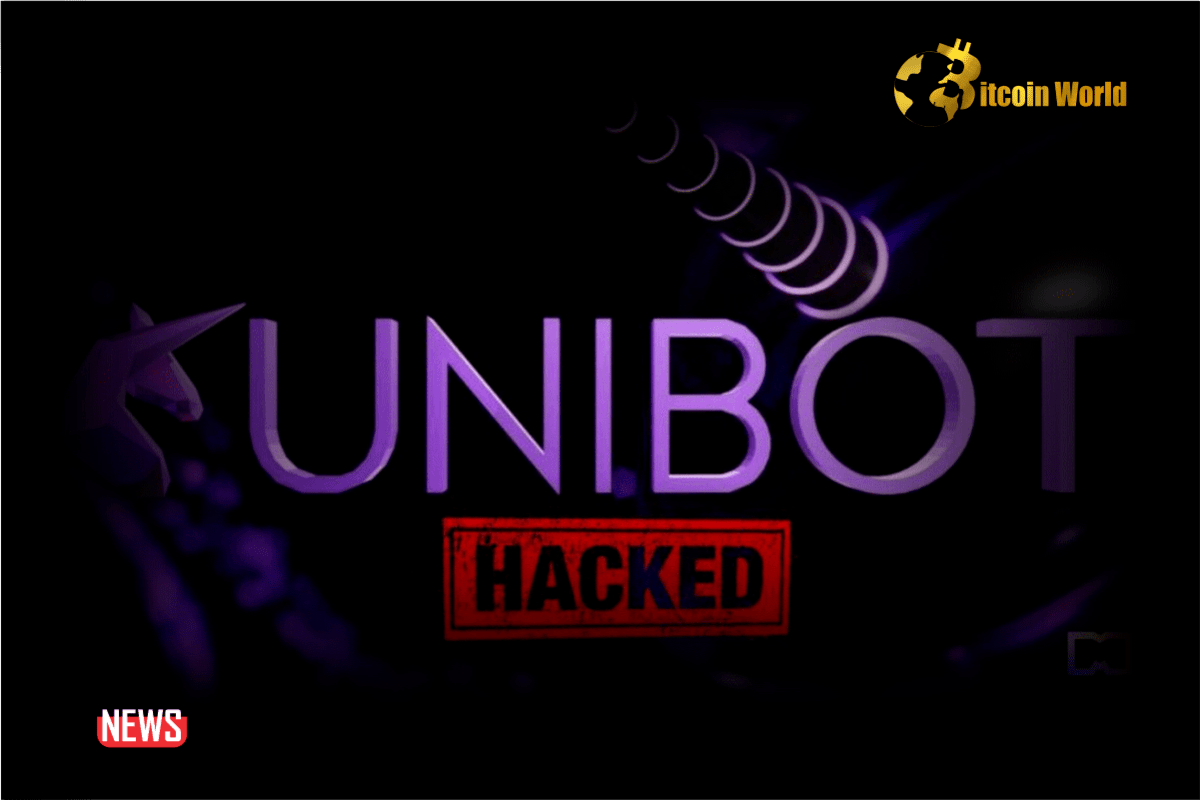Banking is taken for granted in modern, developed countries, where banks are on every other street corner in large cities. The services banks provide are necessary for modern life and, as such, are necessary for developing countries’ citizens to connect to the global economy. Internet connectivity suffers the same issue and is often a compounding factor for the lack of proper banking.
“Most projects don’t have what it takes”
Sandi Bitenc, CEO of one of the leading blockchain-based internet startups, recently said in an interview: “Many crypto projects claim they want to bank the unbanked, but most of them don’t have what it takes. To successfully bank the unbanked, you must first connect the unconnected.”
Bitenc leads 3air, a blockchain-based company that aims to provide connectivity and banking to an underserved internet population. Their value proposition is based on providing high-speed broadband connections in Africa’s large cities, then onboarding internet users into crypto using an innovative NFT-based subscription service.
Connectivity in emerging countries
Connectivity penetration in Sub-Saharan Africa is exceptionally poor. This number is abysmal for wired broadband connections, of which only 0.58% of the population had access to and used. Unless you live in a coastal city, fiber connections are impossible to come by, and building new lines deep into the continent is extremely inefficient. Wireless connections are the solution to this issue, but current services are also lacking. While 73% of Africans in 2016 had a cellular connection, the towers are mostly 2G or 3G, giving only 20% of those users an actual internet connection.
This internet penetration only worsens the situation of the unbanked population. Banks are often unreachable on the ground, and when they are available, they are prohibitively expensive for low-income individuals. Lack of internet means many Africans cannot turn to other alternatives, such as digital banking or financial services. 57% of Africans have no form of banking whatsoever, and of those who do, 40% would prefer a digital format for their banking services, giving the continent a huge untapped market for online banking.
Unfortunately, installing cable or broadband internet isn’t a solution for most Africans. Installing cables across most of Africa would be inefficient due to distance, if not impossible, due to how cities and towns were constructed. Even existing systems are hard to maintain; the most common cause of internet outages in Ghana is fiber cable cuts, leading to high maintenance costs and constant customer downtime.
Is high-speed broadband internet possible?
According to Bitenc, wireless mesh systems, such as K3 Last Mile technology, are the solution. With a range of 50km and base systems that can be installed nearly anywhere, 3air uses K3’s technology to cover wide regions of the continent with high-speed internet. These stations can reach speeds up to 1Gbps alongside providing 150+ digital cable networks and IP telephony.
Where non-crypto or web3 startups and banking companies often go wrong with Africa is that they don’t treat the issues as co-existing problems that must be addressed as one. Companies seeking to provide banking services often fall short, or do offer good banking services but can’t offer banking solutions as long as people are offline.
Banking the unbanked with DeFi
Alternatively, startups that seek to bank the unbanked through centralized systems often face the same problems that their counterparts have faced for decades. Traditional banking systems charge high fees in order to use their services, and most TradFi startups must still use older, more established TradFi companies to function. Many startups use the Visa system, for example, which may be difficult for people to access if they can’t afford to use Visa’s other systems to begin with.
DeFi changes this, removing intermediaries that may charge exorbitant fees and enabling crypto users to pay for goods and services themselves. This system enables users to be their own bank, resulting in a world of benefits, one of them being the ability to access DeFi solutions without a physical bank location to be present in one’s town, or having to sign up for an account using government ID. Banking the unbanked requires looking at both connectivity and banking access as one because the two must be mutually available to enable access to the global economy.
With advanced blockchain and hardware technologies, 3air has a rock-steady plan on its way to connecting those in Sub-Saharan Africa with the rest of the world. With proven wireless mesh technology, and a crypto platform using the SKALE blockchain, the company will provide quick, painless services to the next billion.





